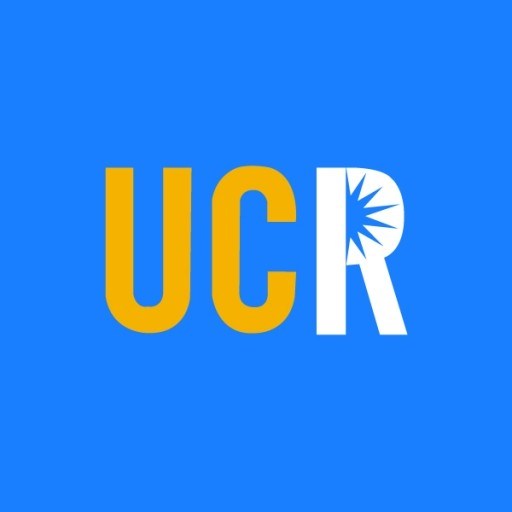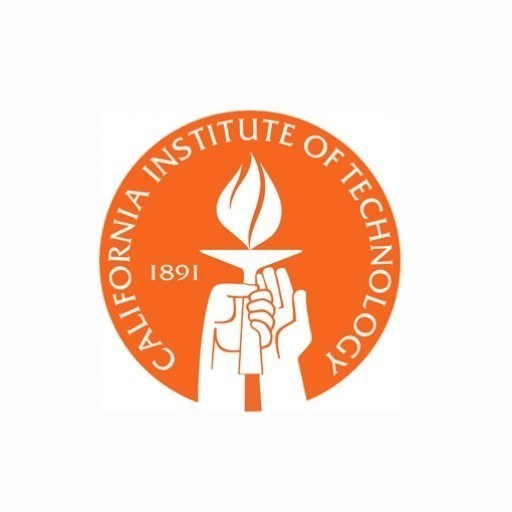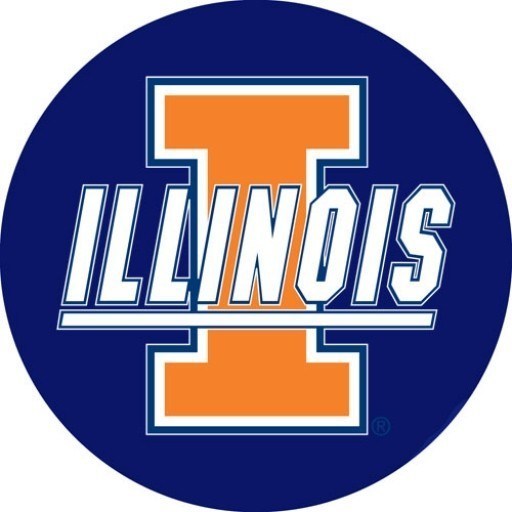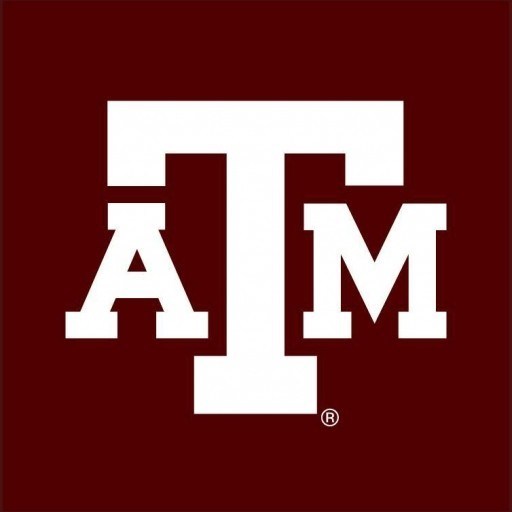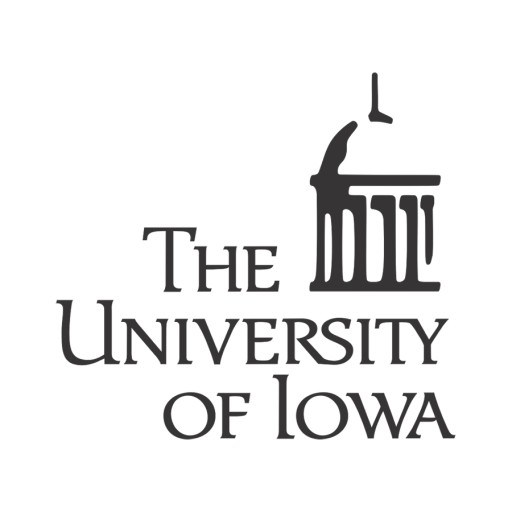Photos of university / #ucriversideofficial
The University of California offers a comprehensive Neuroscience undergraduate program designed to provide students with a solid foundation in understanding the complex biological processes underlying nervous system function and behavior. This interdisciplinary program integrates insights from biology, psychology, chemistry, physics, and computational sciences to equip students with a broad perspective on neural mechanisms. Students in the Neuroscience program have the opportunity to explore various subfields, including cellular and molecular neuroscience, systems neuroscience, cognitive neuroscience, and behavioral sciences. The curriculum emphasizes both theoretical knowledge and practical skills, incorporating laboratory experiments, research projects, and advanced coursework. Through affiliations with leading research institutes and faculty renowned for their contributions to the field, students gain access to cutting-edge research facilities and mentorship. The program prepares graduates for diverse career paths, including graduate studies, medical school, research positions, and roles in neuroscience-related industries. In addition to classroom instruction, students are encouraged to participate in internships, scientific conferences, and community outreach activities to deepen their understanding and engagement with the field. The University of California's Neuroscience program aims to foster critical thinking, innovative problem-solving, and a lifelong passion for exploring the mysteries of the brain and nervous system, preparing students to contribute to advancements in health, technology, and our understanding of human behavior.
Core Requirements: The Fundamentals
- Neuroscience 200A. Fundamentals of Neuroscience
- Neuroscience 200B. Fundamentals of Neuroscience
- Neuroscience 200C. Fundamentals of Neuroscience
-
Neuroscience 201. Neuroscience Laboratory
Presents theoretical and practical aspects of modern methods and techniques used in nervous system research. Faculty teach modules on methods in which they have special expertise. Methods include, but are not limited to, light and fluorescence; microscopy, imaging ion concentrations within cells, immunocytochemistry, and electrophysiology of model systems
Taught by Douglas Ethell, Iryna Ethell, Mike Adams, Scott Currie and Douglas Altshuler -
Neuroscience 257. Graduate Seminar in Cellular, Molecular and Developmental Biology
Reports on current research topics in CMD biology presented by visiting scholars, campus faculty and students. Course is repeatable. -
Neuroscience 287. Colloquium in Neuroscience
Reports on current research topics in neuroscience presented by visiting scholars, campus faculty and students. Course is repeatable. -
Neuroscience 289. Special Topics in Neuroscience
Interdisciplinary seminar with the instructor and topic varied each time the course is offered. Topics include: synaptic mechanisms; membrane channels; glial cells, developmental neurobiology; central pattern generation and behavior; CNS repair and regeneration. Course is repeatable. -
Biochemistry 240. Special Topics in Biochemistry
Seminar with oral student presentations and intensive small-group discussions. Selected topics in the area of specialization of each faculty member (e.g., "Protein Expression and Plasticity of Brain Glutamate Receptors", Prof. Curras-Collazo). -
Biochemistry/Chemistry 241. Bioorganic Chemistry
Fundamental mechanisms of enzyme action, transduction cycles in visual receptors, and G proteins. -
Biology 211. Selected Techniques in Microscopy
Sample preparation and use of the electron microscope are emphasized, and other kinds of microscopy are shown. Laboratory work includes projects and techniques of special interest to the student. -
Biology 285. Seminar in Animal Behavior and Neurobiology
Requirements
- The nonrefundable $100.00 application fee ($125.00 for M.B.A./M.P.Ac./M.Fin./Flex M.B.A. applicants only) must be paid by credit card (VISA, MasterCard, or Discover) prior to submission of your application.
- Applicants are required to submit an official copy of transcripts and degree certificates (in original language accompanied by certified English translations) from each academic institution attended after secondary school. These records should be sent directly from the Registrars Office of the academic institutions you have attended to the academic department to which you are applying. If this service is not available, applicants may also request official copies and send them in the institutions' original sealed and certified institution envelopes. Official records are original documents issued by the institution which bear the actual signature of the registrar in ink and the original wet ink stamp/seal of the issuing institution. The institution envelope must also bear that institution's appropriate authenticity indicator (original wet ink stamp and/or signature, etc.) from the appropriate department at that institution to consider the provided certified transcripts and degree certificates provided by the institution as official. Notarized documents are not acceptable. Credential evaluations by WES (World Education Services) or similar credential evaluation services are also not acceptable.
- Statement of Purpose/Personal History Statement
- Graduate programs require three (3) letters of recommendation. Applicants will be able to enter their recommenders' information directly into their electronic application. Recommenders will be notified electronically and provided instructions on how to submit a letter online. All letters of recommendation must be received electronically so they are attached to the applicants file for review.
- The GRE general test is required of all applicants with the exceptions noted below. Some programs also require applicants submit scores from the Subject Test of the GRE. Consult the program to which you are applying for its requirements. Although current scores are preferred, some graduate programs will accept scores from tests taken within the last five years.
- All applicants whose first language is not English and who have not earned an advanced degree at an institution where English is the exclusive language of instruction must submit scores from the Test of English as a Foreign Language (TOEFL). This exam is administered by the Educational Testing Service and offered in nearly every country abroad. This exam must be taken within two years of the time you intend to enroll at UCR. The minimum acceptable scores are: 550 for the written exam; 213 for the computer-based exam, and 80 for the internet-based exam (iBT). We strongly advise you to be aware of the deadline for the program to which you are applying. Dates and information for TOEFL may be obtained by contacting the Educational Testing Service (ETS) at the address below, by calling 1-877-863-3546, or by consulting the TOEFL Web site. Fellowship applicants should take the exam in time to meet the program deadline. Keep in mind that it may take up to two weeks for test scores to reach us from ETS.
- Beginning with the Fall 2011 application cycle, UCR will accept scores from the Academic Modules of the International English Language Testing System IELTS) which is jointly managed by the British Council, IDP:IELTS Australia and the University of Cambridge ESOL Examinations. The exam must be taken within two years of the time you intend to enroll at UCR. The minimum acceptable scores are: overall band score of 7 with no individual section score less than 6. Please request an official Test Report Form (TRF) of your IELTS.
Scholarships
- Dissertation Research Grant
- Fellowships
- Teaching and Research Assistantships
The University of California offers a comprehensive Neuroscience program designed to provide students with a deep understanding of the structure and function of the nervous system. This interdisciplinary field integrates aspects of biology, psychology, chemistry, physics, and computer science to explore the mechanisms of brain and behavior. The program aims to cultivate a multidisciplinary perspective, equipping students with the knowledge and skills necessary to pursue careers in research, medicine, or academia related to neuroscience.
Students enrolled in the Neuroscience program have the opportunity to engage in coursework that covers fundamental topics such as neuroanatomy, neurophysiology, cognitive neuroscience, molecular neuroscience, and neuropharmacology. The curriculum often includes laboratory work, facilitating hands-on experience with modern neuroscience techniques including microscopy, electrophysiology, neuroimaging, and computational modeling. These practical skills prepare graduates for research roles or advanced study.
The program also emphasizes research opportunities, allowing students to work alongside leading faculty on cutting-edge projects in areas such as neural development, neuroplasticity, neurological and psychiatric disorders, and neurotechnology. Many students participate in research laboratories, gaining experience that can lead to published work and conference presentations. Additionally, the university provides resources like neuroimaging facilities, animal laboratories, and computing centers to support student research.
Graduates of the Neuroscience program are well-prepared for various career paths. Many pursue advanced degrees in neuroscience, medicine, psychology, or related fields. Others enter the biotech and pharmaceutical industries, working on the development of new treatments and technologies for neurological conditions. The program also supports students interested in academic careers, offering mentorship and opportunities for teaching.
The university’s location in California, a hub for technological innovation and biomedical research, enhances students' exposure to industry and research collaborations. The campus fosters an innovative learning environment, encouraging interdisciplinary collaboration and critical thinking. Overall, the UCLA Neuroscience program aims to develop highly skilled professionals capable of addressing complex questions about the brain and nervous system, ultimately contributing to advancements in medicine, technology, and our understanding of human behavior and cognition.
